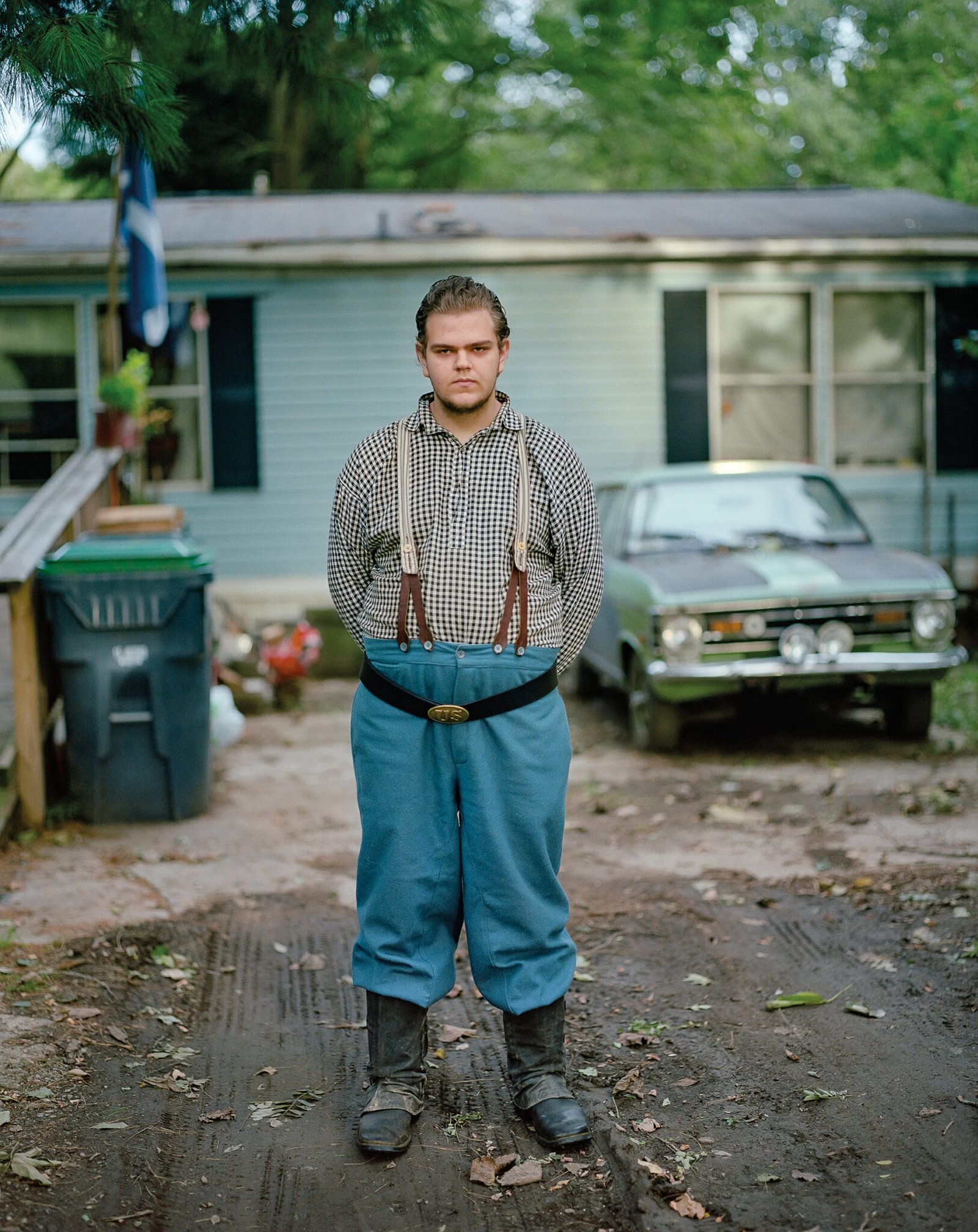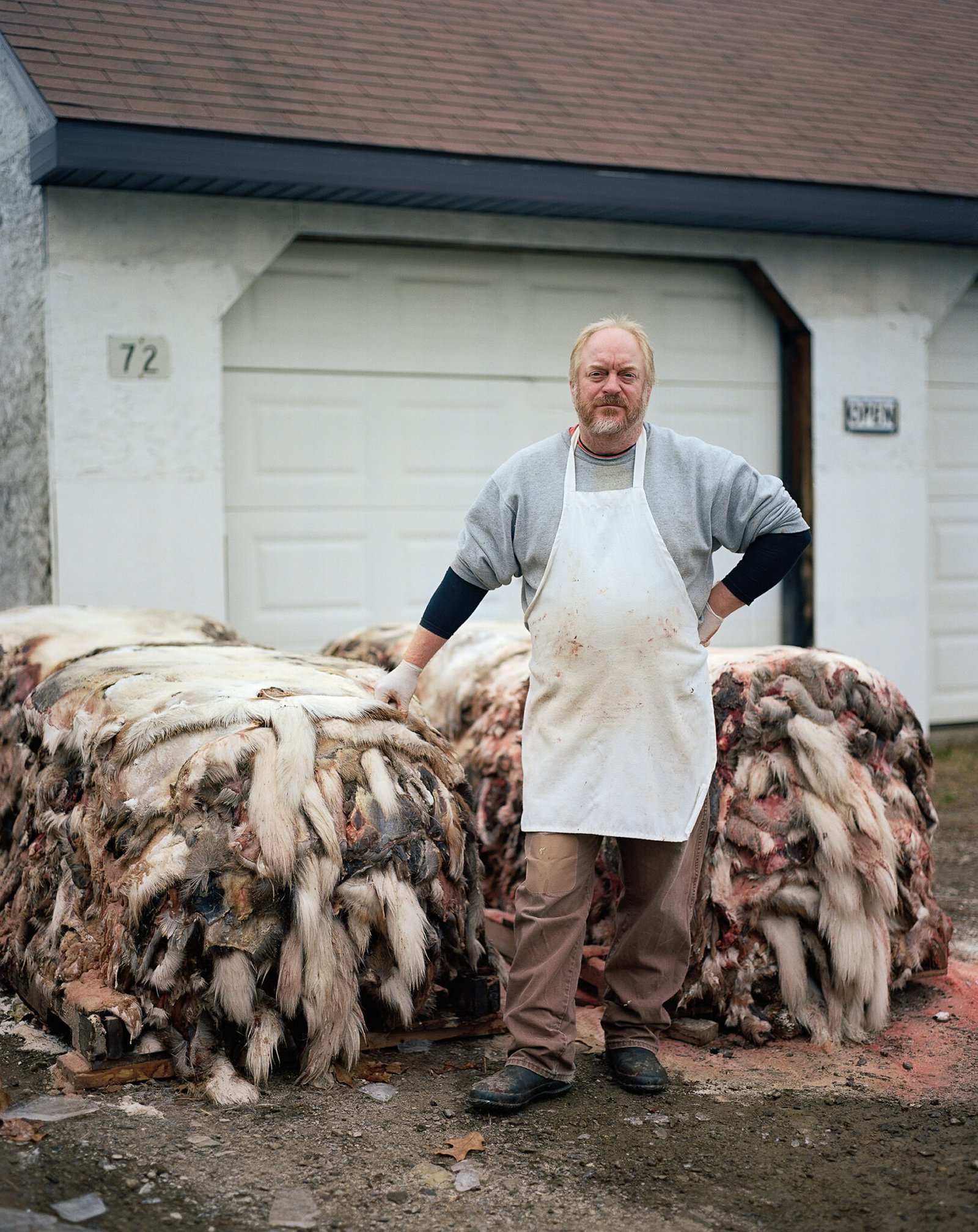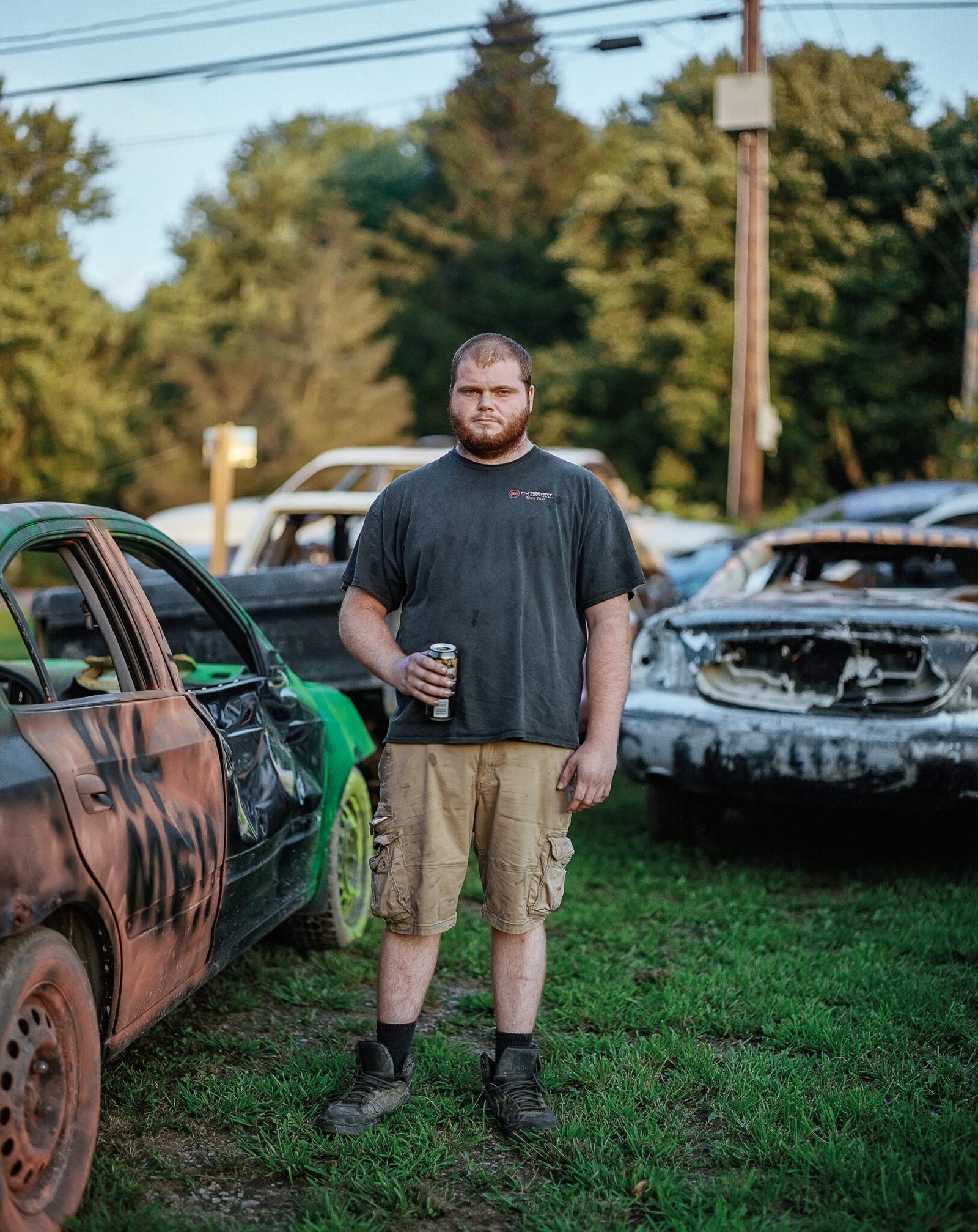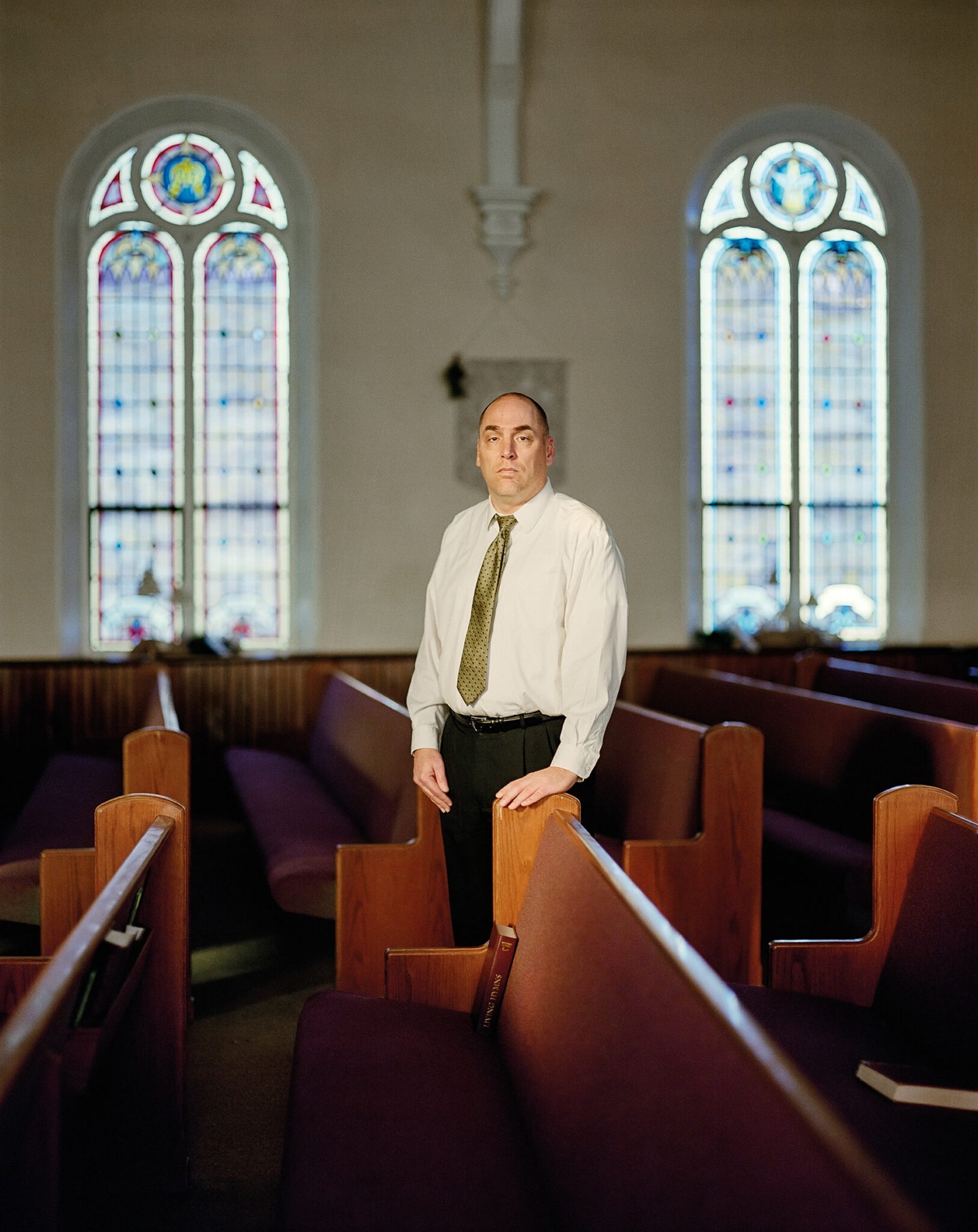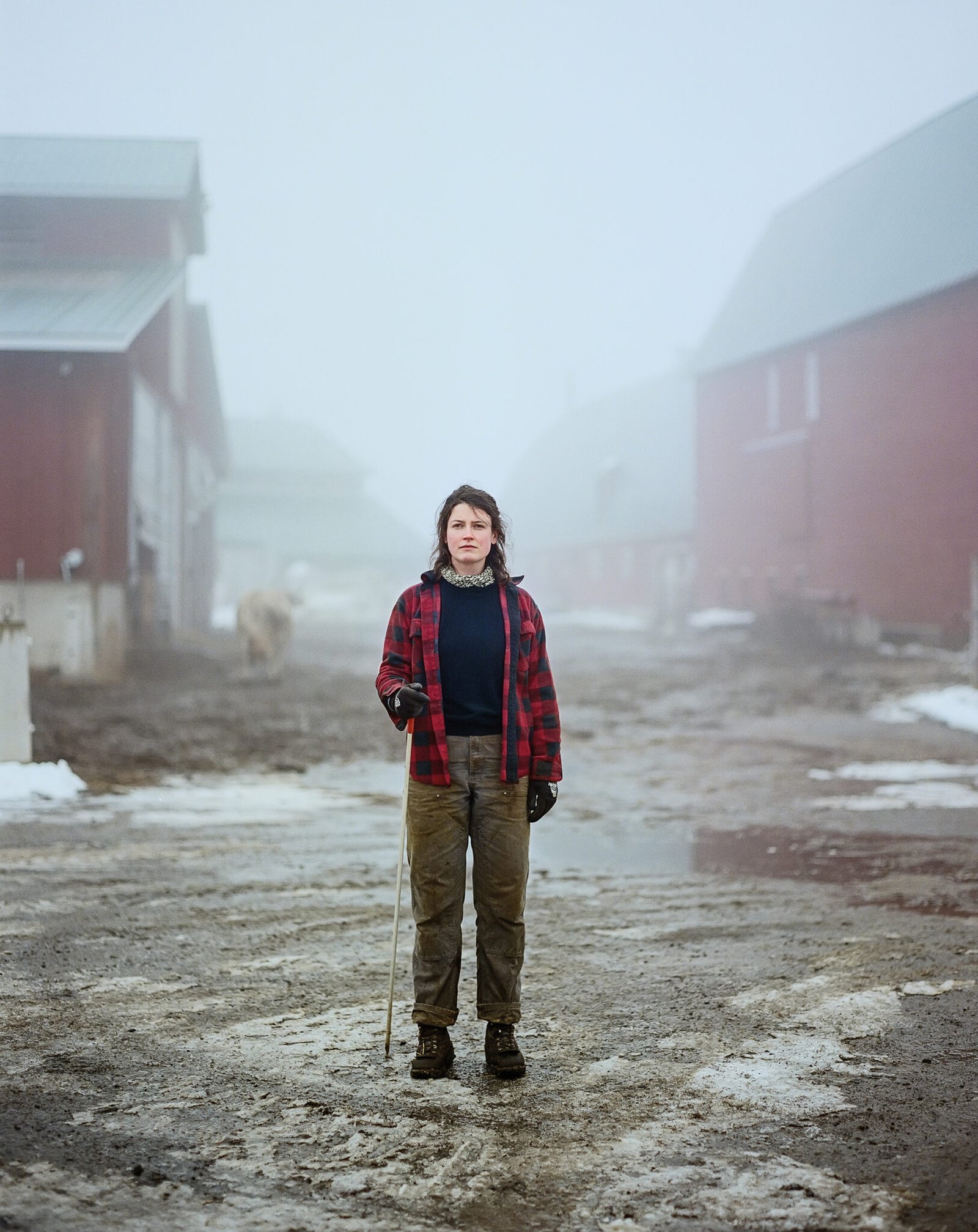Over 2,000 years ago one of humanity's most profound thinkers, Aristotle, stated that the whole of our parts is greater than the sum. Collectively, the bits and pieces of all our differences can, theoretically, combine to reveal a better, more complex us. It's difficult to see today, with societal divisions growing seemingly deeper and deeper with each passing hour, but why is it that this division seems to currently be at the centre of our conversations?
In a divided world, it’s inevitable that society would come to be socially, economically and politically unsustainable as a result of decisions made from governments and people at the top. With global wealth inequality becoming more of a problem every day, Capitalism has generated huge increases in productivity and extreme wealth for some, yet many people still struggle to make ends meet. The UK and USA have been at the forefront of this over the past ten years, with corrupt leaders across both countries spreading lies to win themselves more power under false pretence.
In a recent documentary I watched, Ultrarunner, Rickey Gates ran from the East to West coast of America. Confused by the division of his country and with Donald Trump being elected as president in 2016, he spent several months crossing America and learning about the people who inhabited the country he was born in and so naturally fond of. Determined to explore and understand why there was such a divide in both political and moral beliefs, Gates reflected on his trip with a sentence that really changed my perspective on the way I thought about the human race: “Humans are 90% the same and 10% different”.
I was reminded of these words when I came across Richard Beaven’s, All Of Us. Beaven is a photographer born in Exeter in the county of Devon, England, but now resides in Hudson Valley of Ghent, New York. All Of Us is a series documenting Ghent’s 200th anniversary year, where he photographed the local community, crisscrossing back and forth over a 45 square mile area. The majority of the people Beaven met with were “strangers” to him at the beginning of the project, however by the end, Beaven had created a narrative of a small, rural town through the resulting 276 portraits, and commemorated a specific time and place in American history. The individuals he photographed ranged in age from infant to elderly; and had lived or worked in Ghent from just five days to over ninety years.
When speaking to Beaven about his work, he explains how it stemmed from a similar place of awareness of the division the country he resides in holds. In his long term work he is inspired to create a sense of place documenting different communities, cultures and subcultures where he is living. In 2016, when the possibility of Trump winning the US presidency seemed obscure, Beaven made a series of portraits of Hudson Valley residents who had made their own signs in support of his candidacy and in talking with the characters involved about their motivations found parallels with the Brexit process happening simultaneously in the UK. Making a decision to take the series further and knock on peoples doors, he explains how he learnt to better connect with people that he wouldn’t usually associate himself with through the power of photography. In this case 20 people he had never met before or would have no reason to have met. He went back to many of them in 2017 and photographed them again.
“America is caught in what has been described as partisan hyper-conflict dividing politicians, communities and families,” stated Beaven. “This polarisation has become so intense that many people no longer trust, respect or relate to anyone with a differing perspective.”
With this said, we ask ourselves, what is community in modern day terms? For many of us, community is a word that we are introduced to from a young age. It’s a word that hosts a certain power. It conveys a sense of togetherness and solidarity. You hear it spoken by some of the most inspiring people on the planet – activists, leaders, philosophers, and you encompass it on both small and large scales. Through the power of photography and film we often see communities brought together that may not have been otherwise. Through exploring and learning about ourselves, we begin to imagine a world where everyone slows down and reconnects with each other through community, just as Richard Beaven and Rickey Gates did. At the end of the day, we’re 90% the same and 10% different, or that’s the way I think about it anyway.
In his book of portraits Beaven quotes English author Ronald Blythe talking about his own writing (a book titled ‘Akenfield’) describing characters in a Suffolk village in the 1960s. It captures the essence of Beaven’s approach in general and All Of Usspecifically :
“I think my view of human life is how brief and curious most people’s lives are. Yet when you come to talk to them you realise how strong they are and how unbelievably rich their lives are; also how subtle and various”.
